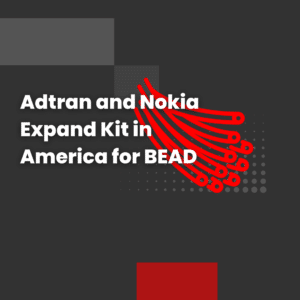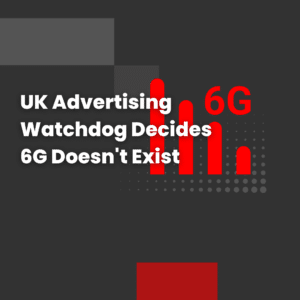Over a year ago, BT announced their quantum secure metro network in a partnership with Toshiba. It uses a technology called Quantum Key Distribution (QKD), an advanced form of encryption, which allows data to be moved over the network in a highly secure way, which especially anticipates future cyber threats and quantum attacks. HSBC will be trialing this system for data sent over fibre cables between its HQ in London and corresponding data system over 60 kilometres away.
The way QKD works is through particles of light and the fundamental properties of quantum physics to deliver secret keys between two parties. These keys can then be used to both encrypt and decrypt private data and are safe from eavesdroppers or cyberattacks from quantum computers.
Another partner in this quantum leap is Amazon Web Services (AWS), who will be trialled in multiple scenarios as HSBC work on new ways to protect their global operations. This includes financial transactions, secure video communications and one-time-pad encryption, as well as AWS edge computing capabilities using an AWS Snowball.
”Having launched the world’s first trial of a commercial quantum-secured metro network in partnership with Toshiba, we are delighted that HSBC has become the first bank to join. This trial enables global industry partners to collaborate on the next era for network security. We look forward to co-innovating to develop and prove further use cases, demonstrating the power of quantum communications in the UK.”
Howard Watson, BT Chief Security and Networks Officer
This trial seems to be mostly positioned as a commercial one, which makes sense when you consider just how much of quantum computing remains unproven in the field. Nonetheless, BT have taken it upon themselves to take lead in developing this unique technology.



